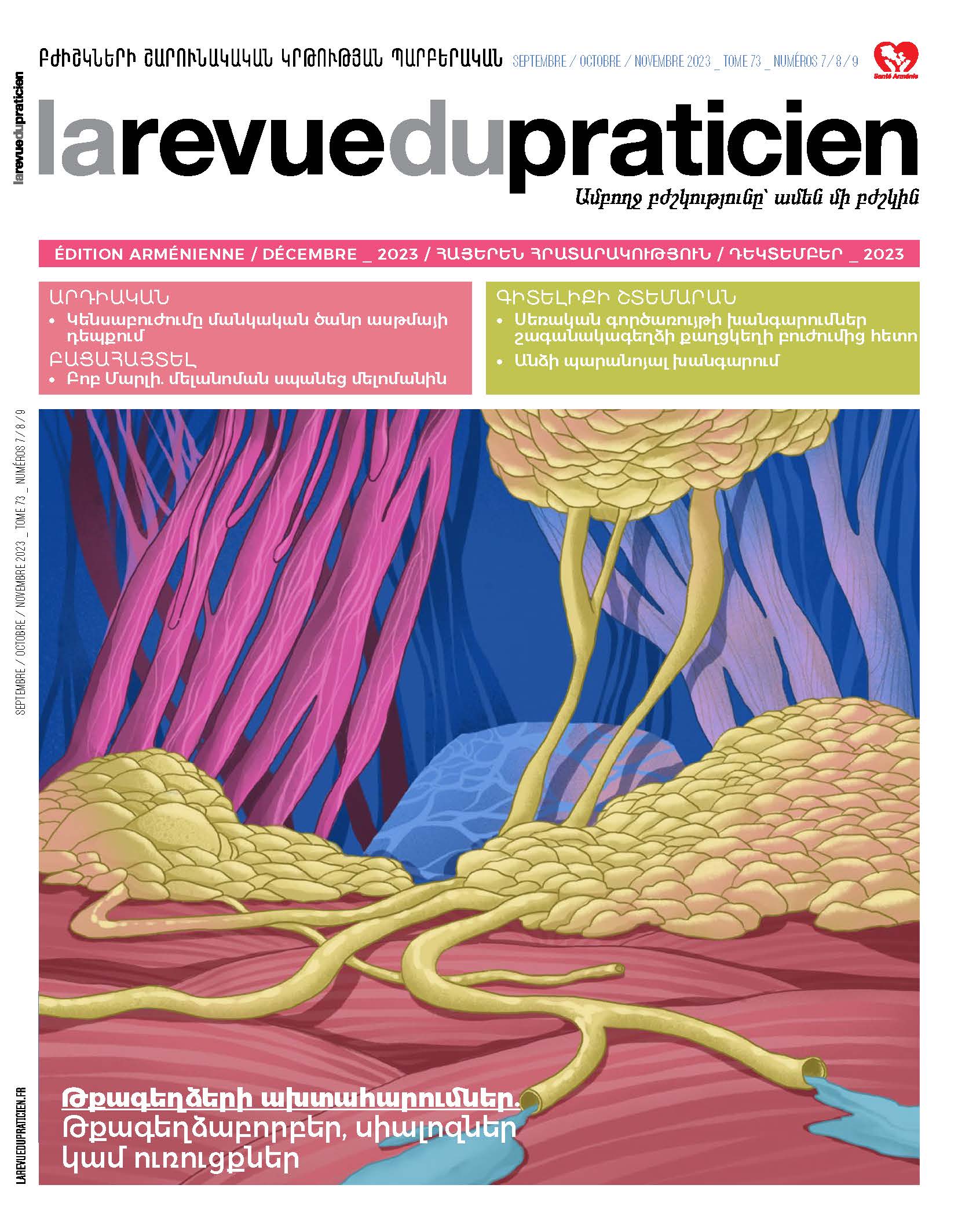Ամփոփագիր
Համատեղ որոշումների կայացումը, ի թիվս այլնի, առողջապահության ոլորտի մասնագետների և բուժառուների միջև փոխգործակցության և որոշումների կայացման մոդել է: Համատեղելով մասնագետի բժշկական-գիտական տվյալները, փորձը, արժեքները և նախընտրությունները, մի կողմից, ինչպես նաև հիվանդի գիտելիքները, կարիքները, ակնկալիքները, արժեքները և նախընտրությունները, մյուս կողմից, երկու կողմերի փոխադարձ ցանկության պարագայում հնարավոր է հասնել բաց քննարկման, որին կհաջորդի համատեղ կայացրած որոշումը՝ հիմնված ընդհանուր համաձայնության վրա։ Քաղցկեղի բուժումը ներառում է մեծ թվով իրավիճակներ, որոնք նպաստում են համատեղ որոշումների կայացմանը՝ լինի սքրինինգ, թե՝ բուժում՝ ամոքիչ կամ ապաքինիչ փուլում: Համատեղ որոշումների կայացումը հիմնված է էթիկական սկզբունքների և դասական փիլիսոփայական ուղղությունների վրա: Նույնիսկ եթե առաջնությունը տրվում է ինքնավարության սկզբունքին, այն չպետք վերածվի «էթիկական ցուցման»: Հիվանդի և բժշկի միջև փոխհարաբերություններն առաջին հերթին համատեղ որոշումներ կայացնելուն մասնակցելու կամ չմասնակցելու կարողության և ցանկության մասին են։ Գործ ունենք այնպիսի խնդիրների հետ, ինչպիսիք են փոխադարձ լսելու կարողությունը, անորոշության ընդունումը և հույզերի դերը՝ որպես էթիկական հզոր լծակ:
